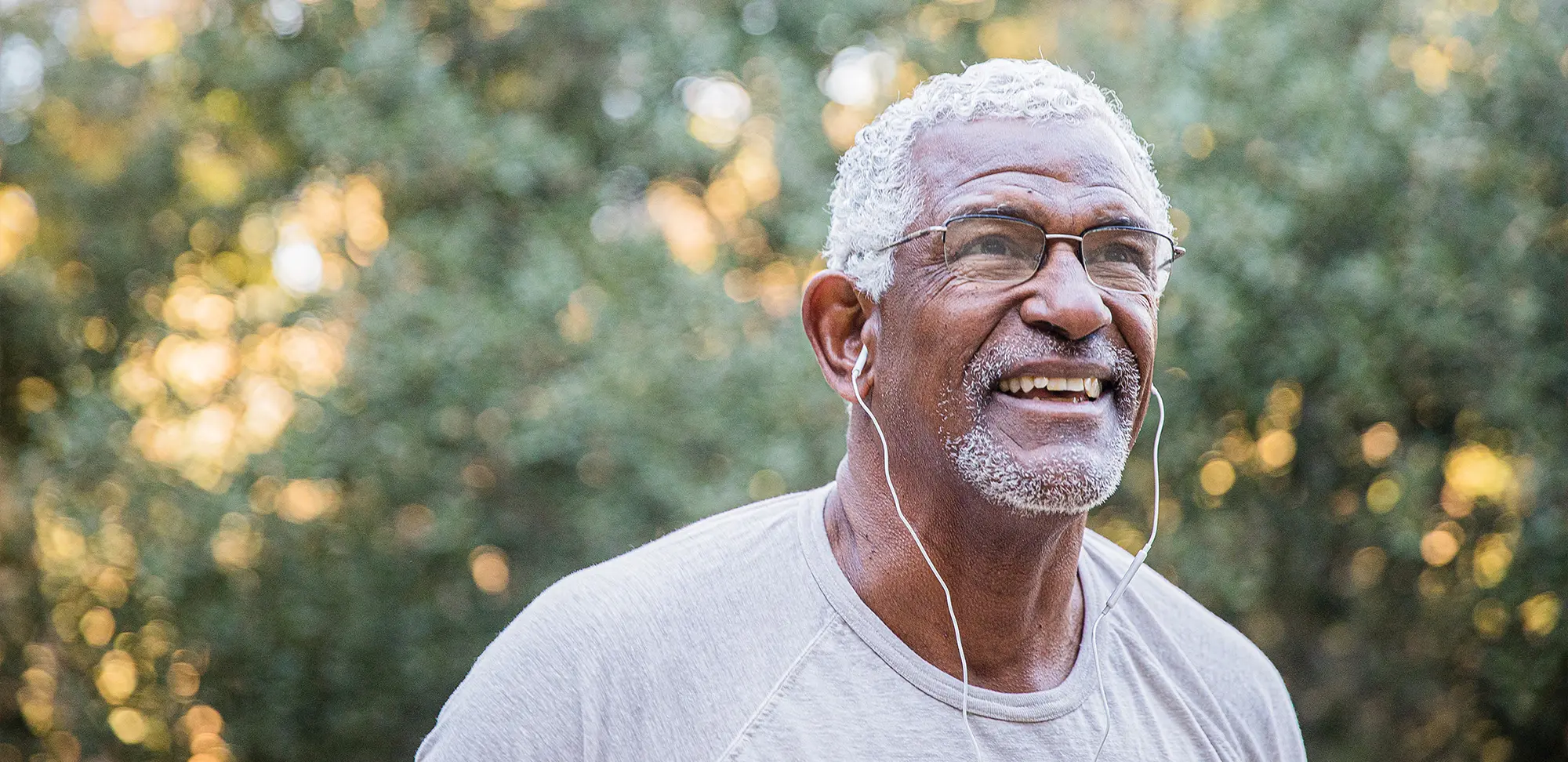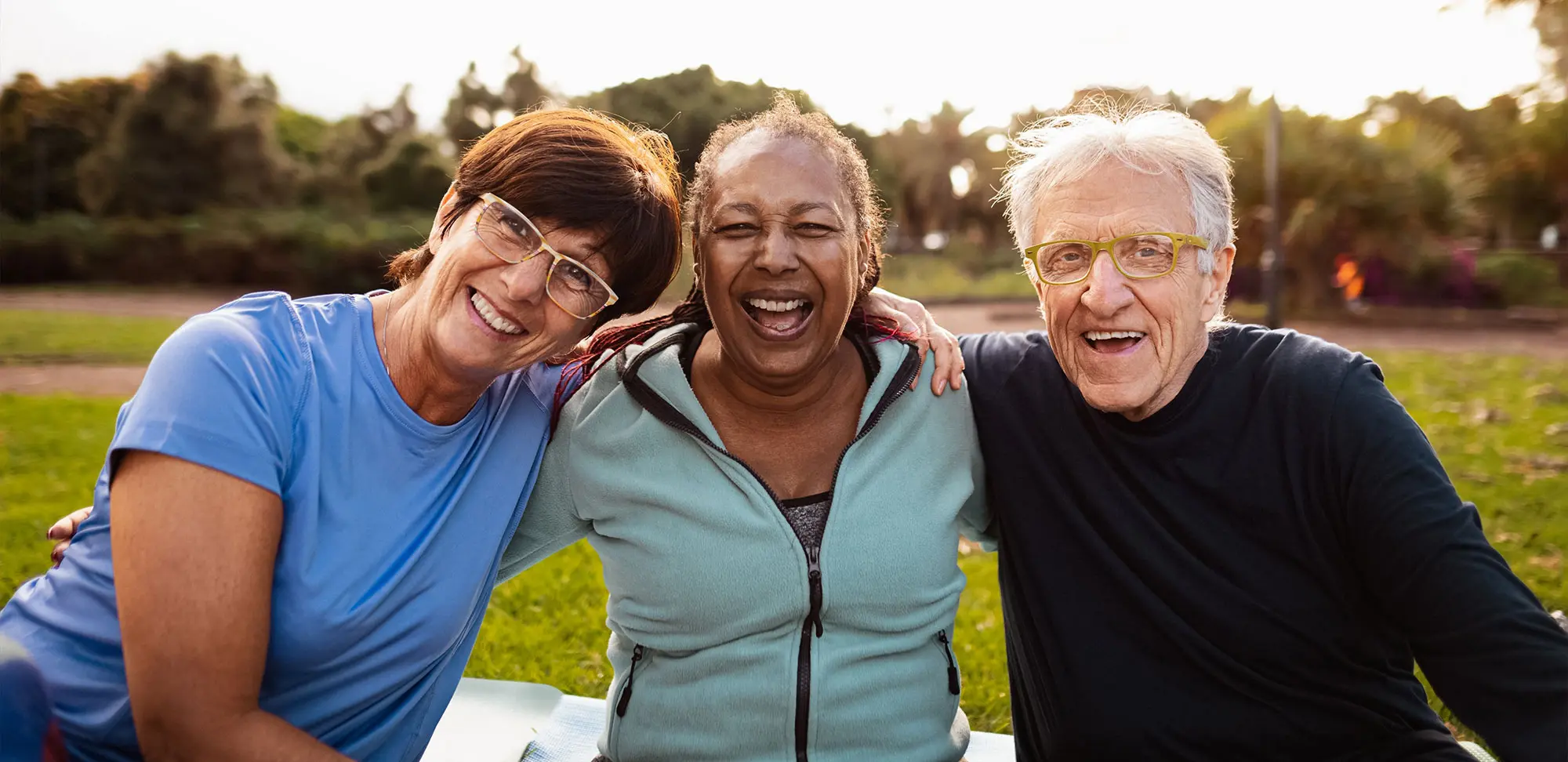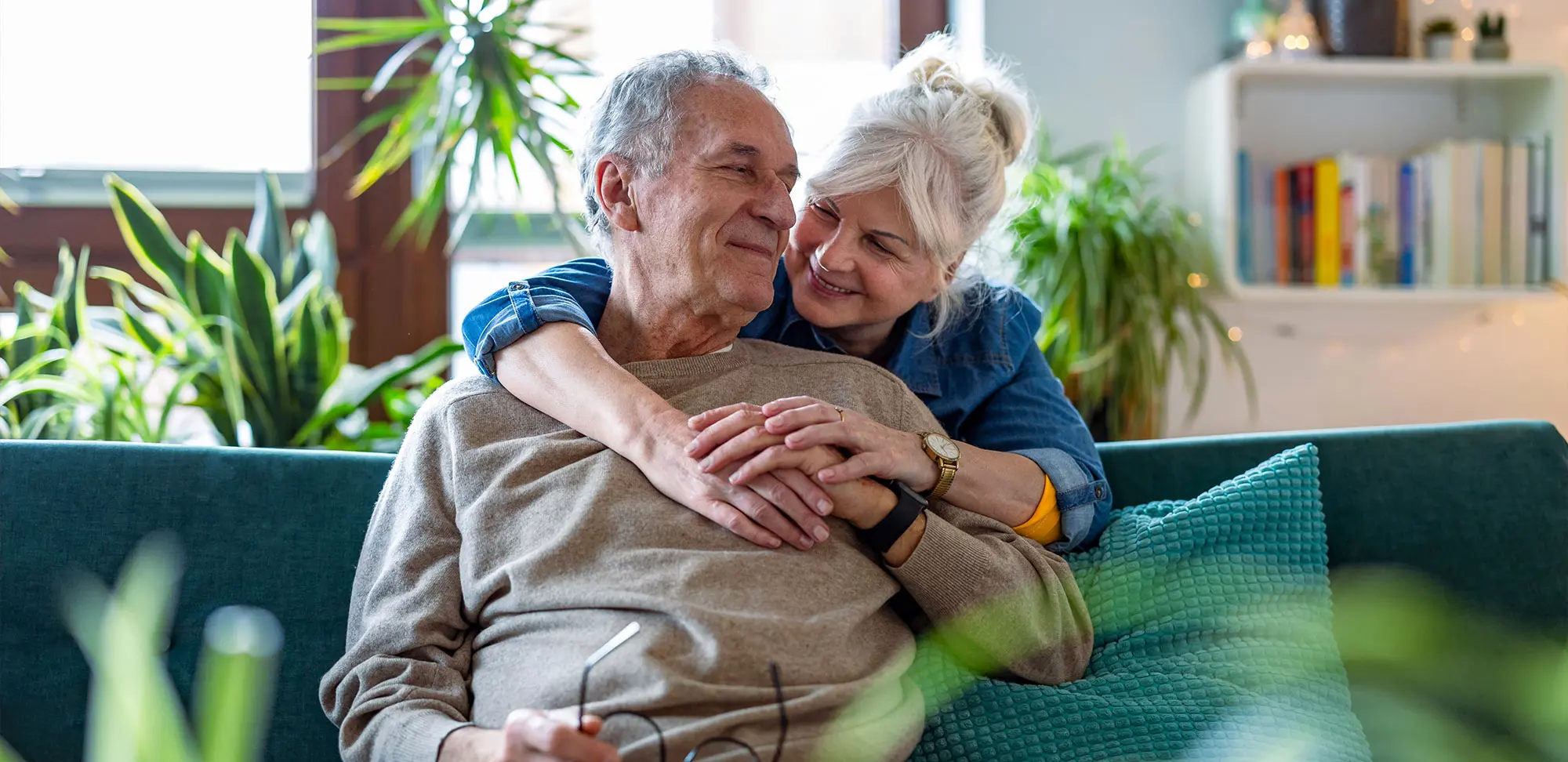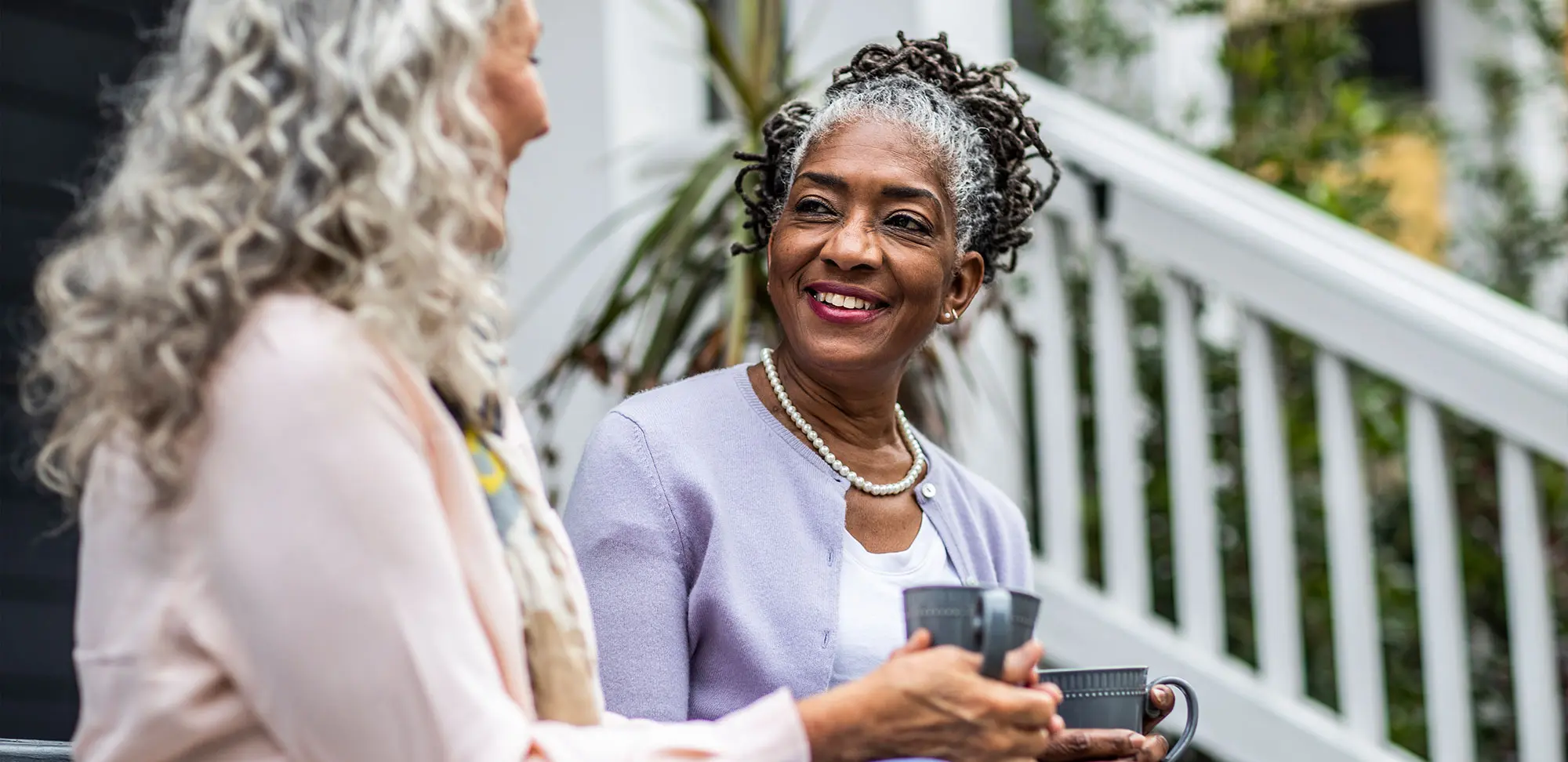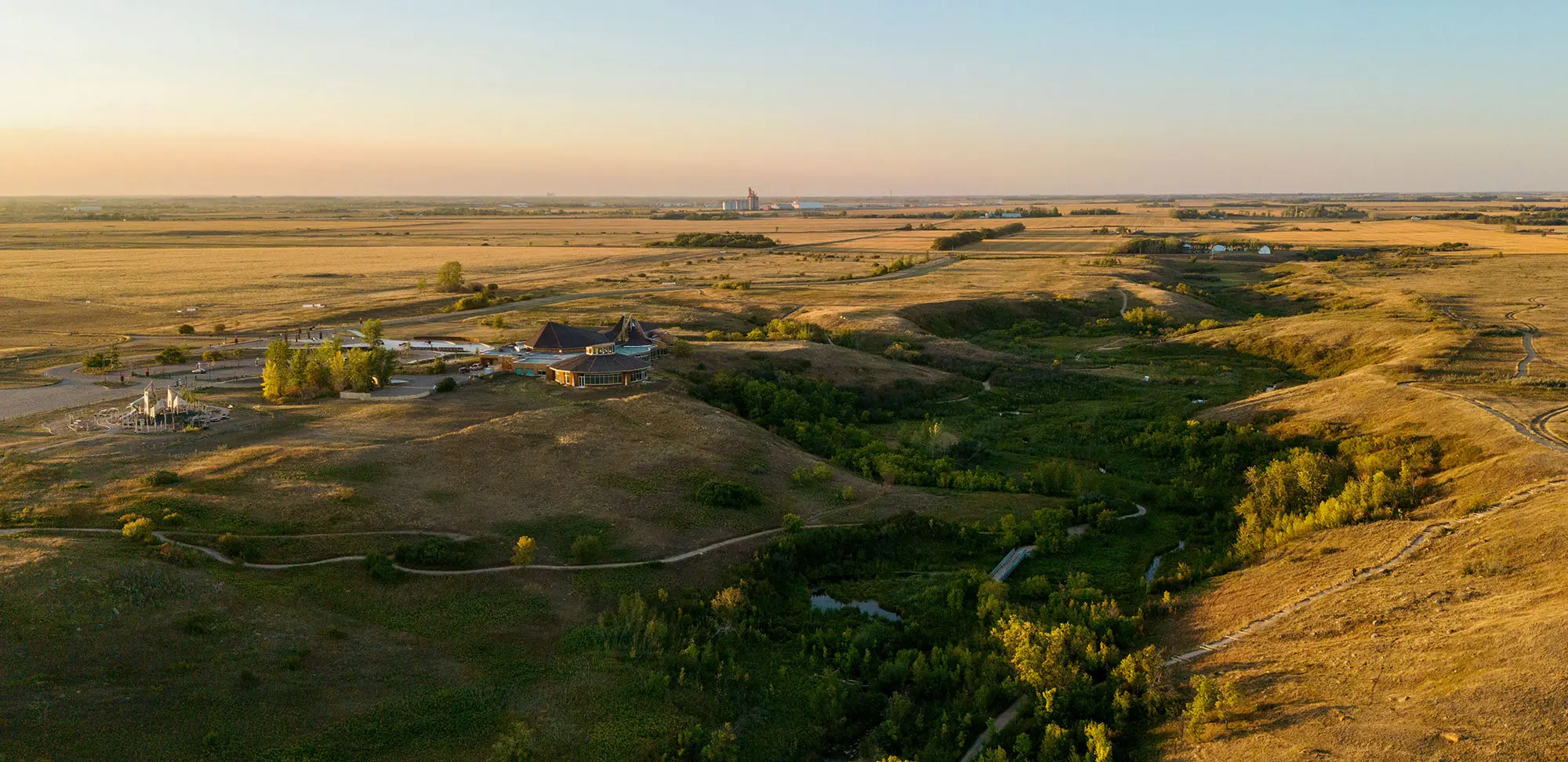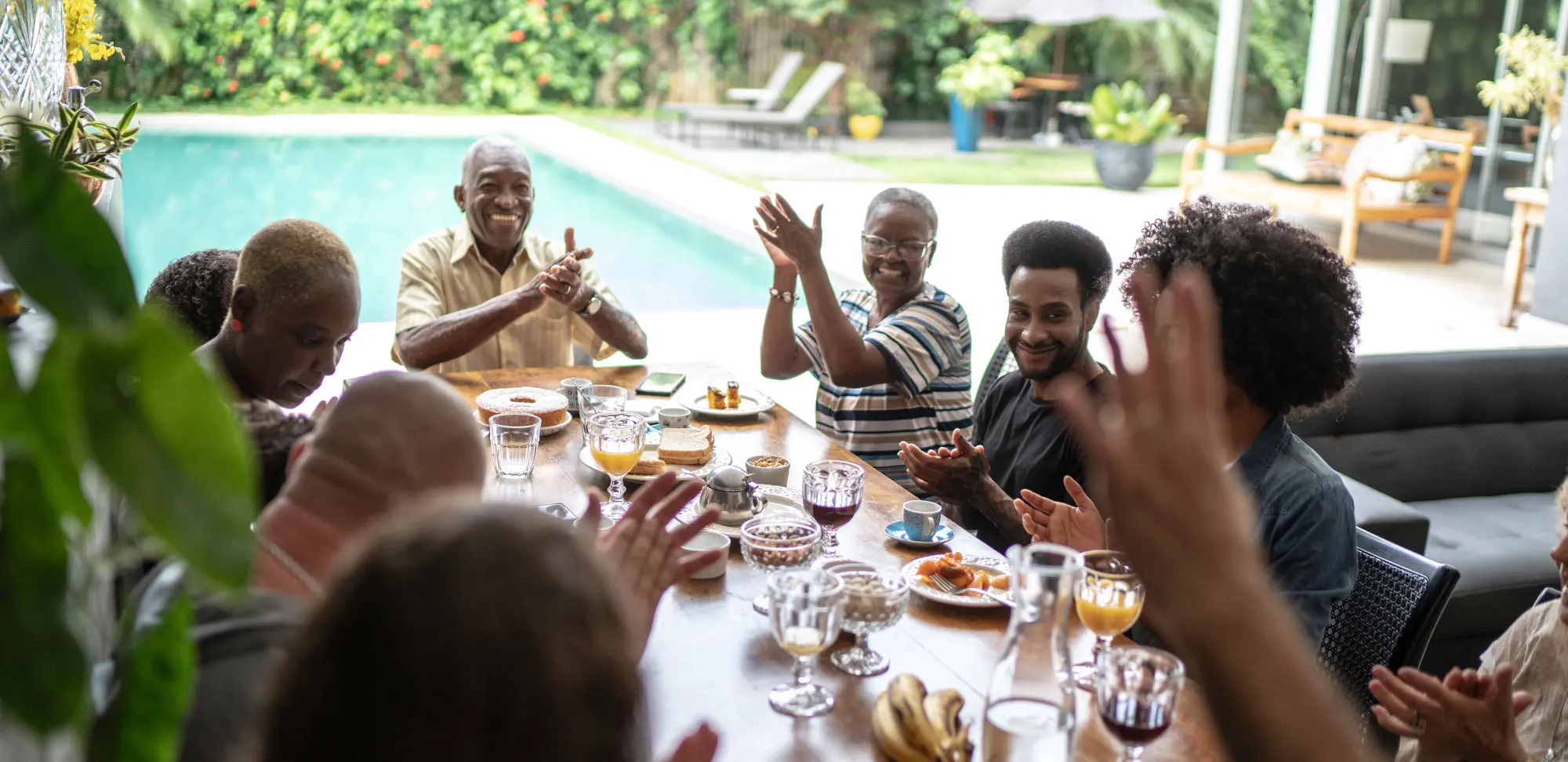The COVID-19 pandemic, which disproportionately affected older people, created a prime opportunity to learn from them about mentally healthy living strategies — what worked for them and what didn’t.
That’s what the RTOERO Foundation–funded project Mentally Healthy Living after Social Distancing — A Study of Older Canadians sought to find out. The Living Well research team, led by Gail Low, an associate professor of nursing at the University of Alberta, conducted a national survey of 1,327 Canadians aged 60 and older in August 2022, when the last public health restrictions were being lifted across the country. The survey was also completed by 1,110 RTOERO members.
The idea for the study came to Low as she coped with the first pandemic lockdown in her city. She recalls feeling restless, keyed up or on edge — which also turned out to be the most troubling anxiety symptom among the study respondents. “I recognized that finding out if others felt the same way, and how they coped with it, was something I could do that potentially would help us learn from this shared challenge we were facing,” Low says.
The survey used an established 10-question test to measure anxiety. It also asked about 16 commonly recommended coping strategies to understand how people manage anxiety.
“What we have is a snapshot in time — it’s a description of what was happening at the end of last summer,” notes Low. “In general, the results show associations worthy of attention.”
Among the national sample, more than 40 per cent of respondents reported feeling not at all anxious or feeling minimal anxiety. On the other end, 22 per cent reported feeling severely anxious. The RTOERO results showed a similar pattern.
The respondents were then divided into four five-year age groupings, starting with 60 to 64 years, with the last group being 85 and older. A clear association stood out: Being in an older age group was connected with feeling less anxious.
“It could be because the older you are, the more life experience you have to draw on,” Low explains. “Perhaps they could take COVID-19 more in their stride than younger people.”
In general, people in the older age groups used fewer coping strategies compared to respondents in the younger age groups.
“The use of strategies generally declined around 75 to 79 years of age. Perhaps, at this point in life, people know what works for them.”
Another possibility the team wonders about is whether some of the strategies become automatic as we get older — like the need to remember that we are resilient. That strategy was more popular among the youngest responders, who noticed and reported it.
“Perhaps as people age, they know they are resilient. They don’t need to think about this or give themselves a reminder,” Low says.
What didn’t differ across age groups was the impact of general health on stress and anxiety. Respondents in good or good to excellent health had lower anxiety scores compared to those who rated their health as poor or fair. This was the case for both the national sample and the RTOERO respondents.
So, what were the best coping strategies? The six that appeared to have the best anxiety-lessening effects were staying active, dealing with problems in a structured way, eating healthily, getting proper rest and sleep, decreasing other sources of stress in life, and remembering resilience.
“We found there was not a single magic bullet for everyone,” Low notes. “How people deal with significant events can vary a lot. It’s about finding what works for you.”
The team is currently working on publishing the findings. They’re also working with a chef to pair the results with another useful tool: easy-to-make, healthy recipes. Among the 16 stress-coping strategies are themes that relate to food preparation — including dealing with problems in a structured way, decreasing other sources of stress in life and, of course, eating healthily. The cookbook will be available through the RTOERO Foundation.
National sample overall anxiety levels

RTOERO respondents’ anxiety levels
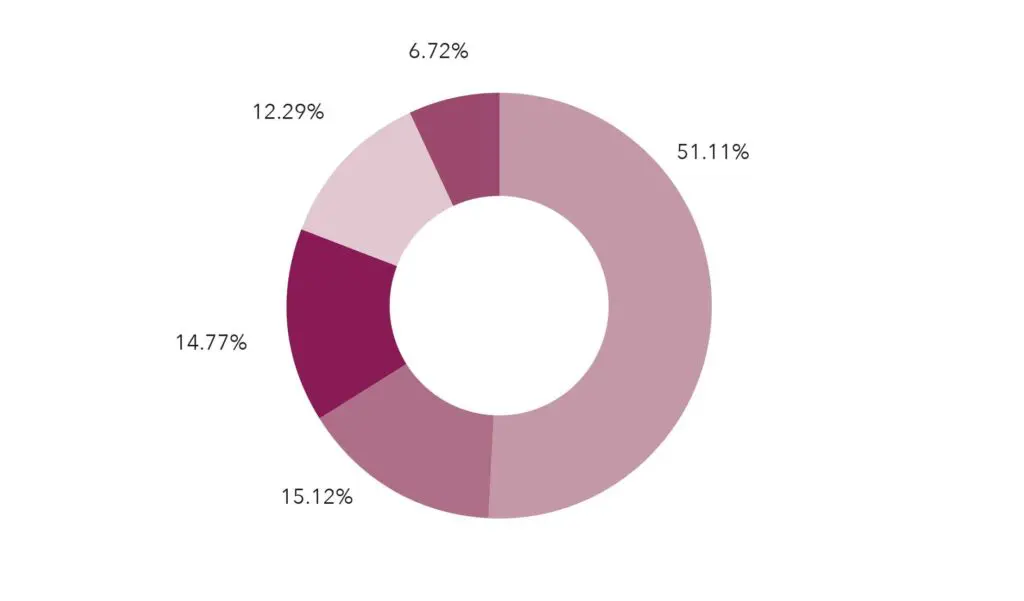
Chart legend:
Anxiety groups
- not at all
- minimal anxiety
- mild anxiety
- moderate anxiety
- severe anxiety
The Geriatric Anxiety Scale uses the following 10 items. Respondents were asked how often they’d experienced these common symptoms of stress and anxiety in the previous week and responded using a scale where 0 was not at all and 3 was all of the time.
- I was irritable.
- I felt detached and isolated from others.
- I felt like I was in a daze.
- I had a hard time sitting still.
- I could not control my worry.
- I felt restless, keyed up or on edge.
- I felt overly tired.
- My muscles were tense.
- I felt like I had no control over my life.
- I felt like something terrible was going to happen to me.
The study asked which of the 16 coping strategies respondents were using at the time of the survey. The strategies were based on advice from the Centre for Addictions and Mental Health:
- I accepted that some anxiety and fear is normal.
- I sought credible information, i.e., from the World Health Organization, Health Canada, a provincial ministry of health, a local public health unit.
- I found a balance by staying tuned in (to news stories about COVID-19), but knowing when to take a breather.
- I brought an intentional mindset to unplugging (from all electronics, including phones, tablets and computers).
- I dealt with problems in a structured way.
- I remembered that I am resilient and was careful with the “what ifs” (asking “what if” questions).
- I challenged worries and anxious thoughts.
- I decreased other sources of stress (in my life).
- I practised relaxation and
- I sought support (from loved ones).
- I was kind to myself.
- I ate healthily.
- I avoided substance use — including smoking, vaping and alcohol.
- I had a moderate caffeine intake.
- I got proper rest and sleep.
- I stayed active.
